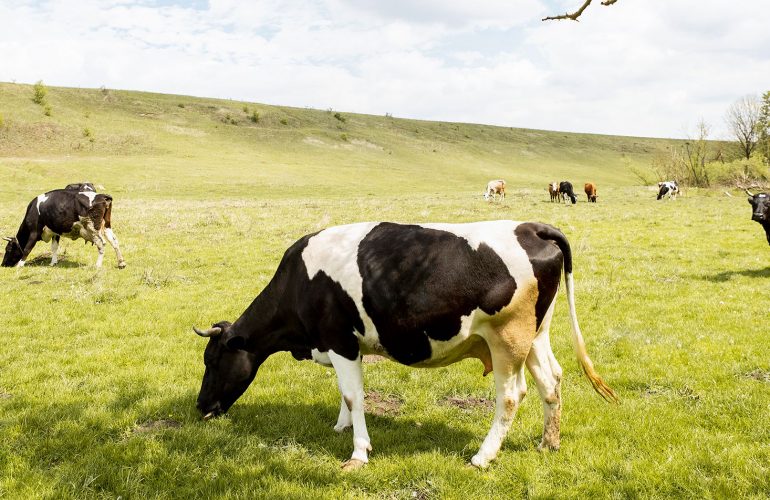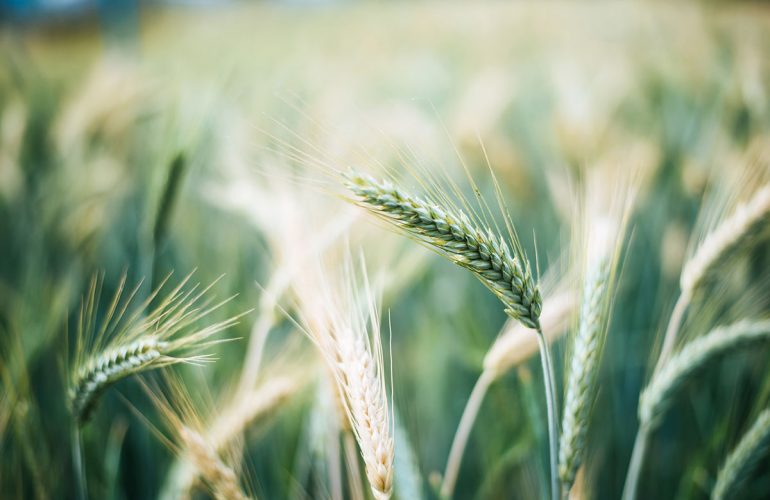Traditional poultry farming
Eggs should be a symbol of excellence. They contain all the ingredients to sustain life (except for vitamin C). Egg is a living cell, which after three weeks at a suitable temperature is transformed into a bird organism, with the bone, muscle, gastrointestinal, nervous and immune systems all in place. The egg is the best source of aminoacids, polysaturated fatty acids, vitamins and mineral compounds. The protein of the egg white is digestible in 94% (as opposed, e.g., legumes 40-60%), the fat it contains – in 95%, carbohydrates – in 98% and mineral compounds – in 76%. Two large eggs (which amount to only 150 kcal) cover our demand for aminoacids, provide 88% of the recommended daily allowance of vitamin B12 – dubbed to be hematopoietic, provide vitamin E – for rejuvenation and memory enhancement and large quantities of vitamin A. The content of polysaturated fatty acids improves memory and prevents diseases of the nervous system. Egg yolk contains immunoglobulin Y, which is a well-known antibody. Its effect was appreciated in the old wives’ lore and our great-grandmothers treated children suffering from diarrhoea to raw egg yolk. In India, it continues to be used as a medication against dysentery. One of the substances that is nearest to perfection is lysosine – an antibiotic naturally occurring in egg white that gives the white the resistance to infections in the environment of even the most vicious bacteria.
The most recent discovery revealed by researchers is nystatin – a substance inhibiting the growth of neoplasms. Many seniors give up pharmaceutical substances and take up a daily diet of two eggs – considered to be a naturally rejuvenating food.
In order for the eggs to possess such value – the hens should be allowed to lay them in the possible most comfortable conditions. That is why more and more consumers look for eggs from organic farms and therefore our company has focused on organic farming.
On our organic farms,any aberrations are eliminated and the animals are kept in the most agreeable conditions, characteristic of their species and breed. In addition, the hens, who not only receive a fodder mixture without chemical additives but are also free to roam open-air runs and pastures, sleep on perches and are allowed to have their roosters (in Austria such eggs are advertised as “eggs from happy hens – because they have a rooster! ). All the above factors contribute to the the considerable biological value of eggs, traceable to the use of natural fodders. They have a reduced cholesterol level in yolk – a unique genetically determined characteristic. In addition, they have a pleasant aroma and flavour – typical of eggs.


